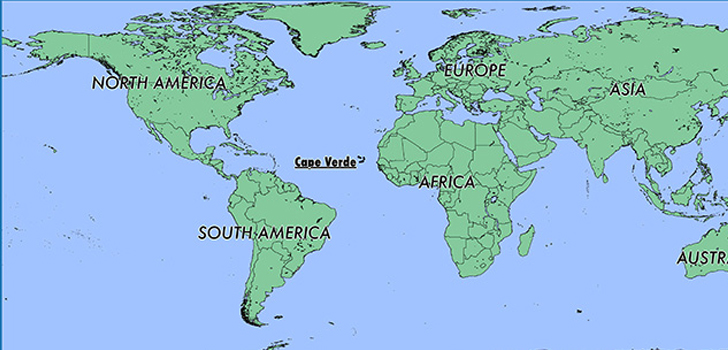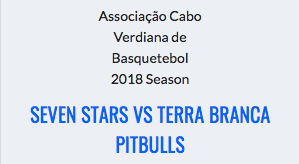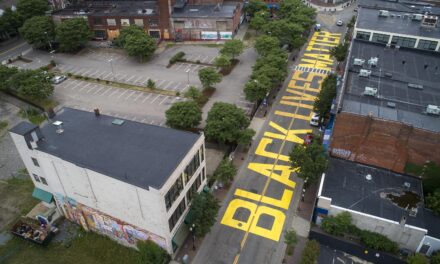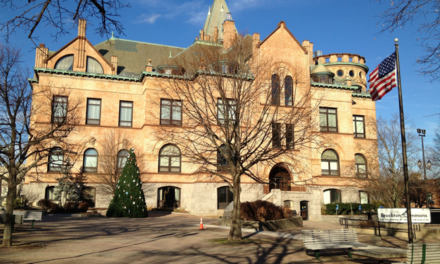I had the opportunity to interview Marcelino Bala, author of “The Importance of Cabo Verde in a Global Context” and a researcher of Cape Verdean history. Some of his amazing discoveries were printed in “Somos Primos” in October 2015, a publication focusing on Hispanic Heritage.
Many Cape Verdeans have told me (or corrected me as a child) that they are not Hispanic or may even become downright offended by being assumed to be something that they are not. However the academic arguments become complicated and also fascinating. You see, as Bala tells, it, Cape Verdeans were the first Hispanics (because Cape Verde was part of Spain after being taken from Portugal in a war between 1475 and 1479) But also, Cape Verdeans were the beginning of the New World in the age of exploration. So all of American history, North and South America, comes through Cape Verde.
But how did Marcelino Bala discover all this?
“I grew up in Onset with Ed Andrade and Wayne Fontes. I went to a Cape Verdean school called the Oak Grove School…then that shut down and I attended a fully integrated school in Wareham. In the village of Onset we had our Oral stories but we had no idea about the written portion of our history.”
“I never learned about Cape Verdean history in school. In fact it wasn’t until I was studying Hispanic history at the University of Nebraska that I found our history hidden in theirs!”
“Cape Verde is a group of islands that the Phoenicians had gotten to in ancient times, but by the time the Portuguese discovered them they were uninhabited. This was around the time that they discovered the Azores, Madeira, and the Canary islands (which did have a native population) but in 1460 Cape Verde had no native population. ”
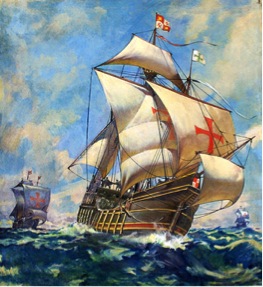
“So in a sense a new people were created there with a mixture of people from Portugal, Belgium, France, England, Spain and Africans who were mostly slaves but there were some free people as well. Africans were not allowed to breed with their own tribes which created a new language and then that mixed with Europeans.”
Bala also mentioned that in modern times there is a significant amount of Chinese in the population and that there are Chinese stores all over the place and many are integrating. The islands have a very close relationship with China and most of the important government buildings are built by Chinese companies.
But back to the age of exploration.
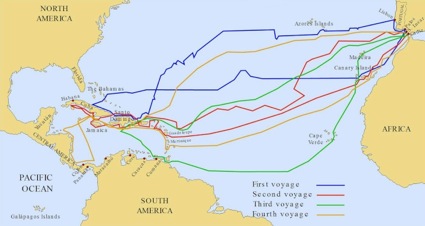
“Hispanic American history begins with Cape Verde in 1476,” so according to Bala, Cape Verdeans can technically be considered Hispanic. From 1580-1640 Cape Verde was part of Spain, since it was part of Portugal and at that time Portugal was a county of Spain.
At this point Cape Verde becomes a hub where ships going anywhere from the new world to Asia have to go through it, and mapmakers and explorers marking down and charting new lands have to use Cape Verde as a reference for where they are in relation to the rest of the world.
In other words, during this “Euro-Centric” time period, Cape Verde is actually in the center of those European maps.
Anywhere an explorer went whether it was the Philippines or Taiwan (also known by the Portuguese name of Formosa) Cape Verde and Cape Verdeans were involved.
“But this written history was not easy to find,” Says Bala, “I remember going to a famous Duke’s house in Andalusia”, the Duke of Medinia Sidonia, “to look for a document. And nothing is categorized and nobody can figure out what I’m looking for so I have to pour through the documents as they are until I find it.”
“Not to mention I had to come to Europe and learn several other language, Portuguese, Italian, Spanish, just to access this history.”
This is really the importance of what Marcelo Bala has done. And it’s easily accessible in his book now. So now, in theory, the next generation of Cape Verdeans CAN learn their history, quite easily in fact.
“I live in Portugal now, but it pains and angers me the way some of the violence in our community that happens over in the United States affects me personally. You will have upstanding members of the community murdered in a robbery over a few hundred dollars by perpetrators who don’t even know who they are and who their people are. And they are murdering their own cousin or relative. I feel that if the next generation knew who they were and that story was told it would be different.”
“Just like the Africans were not allowed to breed with their own tribe, now Cape Verdeans, are not given the access to their history, and so the story about Cape Verdeans becomes a negative and violent narrative. Is that who we really are?”
“There is more about our history that even I have yet to uncover…. Cidade Velha became a UNESCO World Heritage Site in 2009. I know that there are historical treasures under that city, but excavation and study takes money….”
In other words, there is a lot of work to be done in rediscovering the history of Cape Verde and its people as well as molding the future generations. But the two go hand in hand. And it is important not only that Cape Verdeans learn about their history, but that all of us do, especially when so much of the history of the America’s evolves from the history of Cape Verde.

